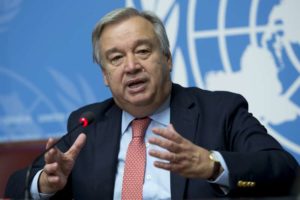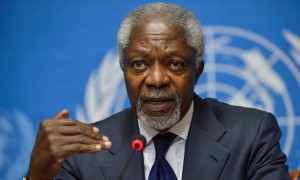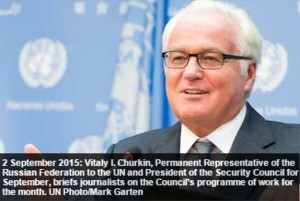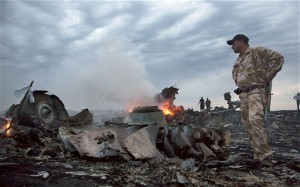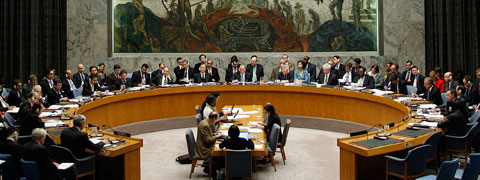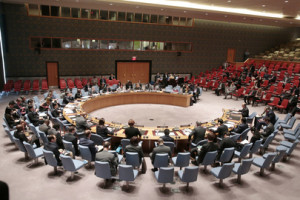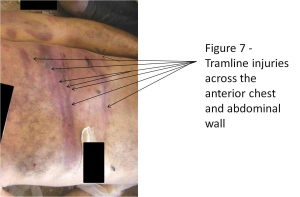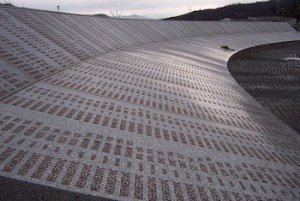 Russia has vetoed a United Nations Security Council resolution that would have described the Srebrenica massacre as “genocide”.
Russia has vetoed a United Nations Security Council resolution that would have described the Srebrenica massacre as “genocide”.
Russia’s UN Ambassador Vitaly Churkin said adopting it “would be counter-productive, would lead to greater tension in the region”.
Four members of the Security Council abstained while the remainder voted in favour.
The motion had angered Serbia, which rejects the term. Serbia does not have a seat on the Security Council, and had asked ally Russia to block the resolution.
The Serbian President, Tomislav Nikolic, called it a “great day” for his country.
The resolution had been drafted to mark the 20th anniversary of the atrocity, which came amid the bloody break-up of Yugoslavia into independent states.
During the Bosnian War, which saw Serbia-backed Bosnian Serb forces fighting the Muslim-led Bosnian government, thousands seeking shelter at what was supposed to be a UN refuge were slaughtered.
The resolution said that “acceptance of the tragic events at Srebrenica as genocide is a prerequisite for reconciliation”.
Ambassador Samantha Power, U.S. Permanent Representative to the United Nations criticized Russia’s veto, qualifying Russia’s veto as heart-breaking for the families and saying that “it is a further stain on this council’s record.” She argued amongst other things that the crime of genocide is “the crime that the United Nations Genocide Convention was written and ratified to prevent and punish. The crime of genocide in Srebrenica is what the genocide convention — which all of us have ratified — exists to prevent and punish. Reconciliation cannot be built by burying the dark parts of one’s history, however unsettling they may be.”
The Ambassador also highlighted the numerous testimonies which took place before the International Criminal Tribunal for the former Yugoslavia (ICTY), describing the atrocities and leading the Yugoslavia Tribunal to convict numerous people of genocide in relation to the Srebrenica killings.
